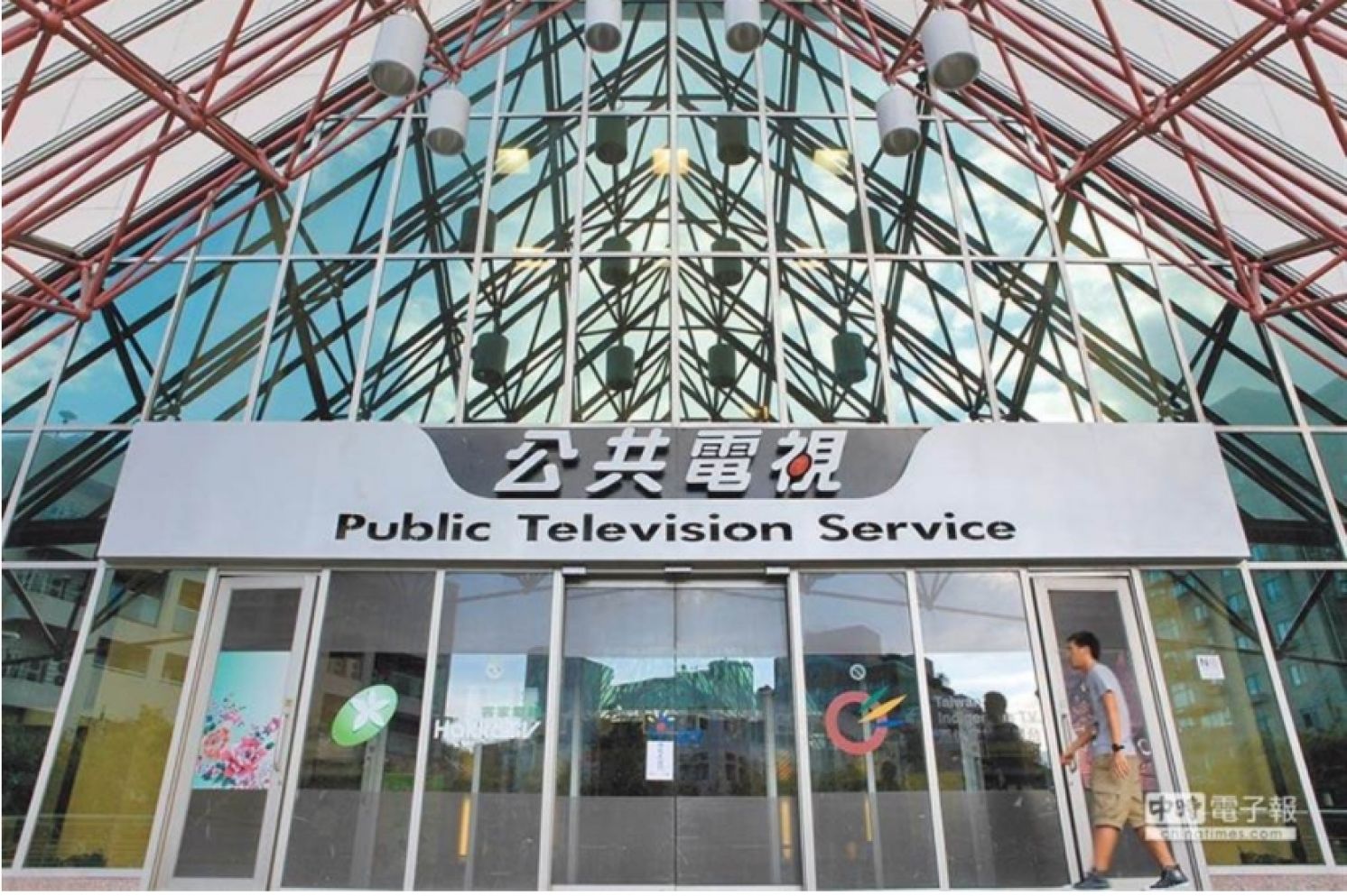
DPP Aims to Turn PTS into Party Media
United Daily News and China Times, September 17 and 18, 2021
The Ministry of Culture has announced draft amendments to the Public Television Act which would not only greatly reduce the number of directors and the review threshold for their appointment but also stipulate that the chairman of the Public Television Service Foundation, who is currently elected by the board of directors from among its members, would be designated by the premier. Scholars are questioning whether the proposed revisions violate the spirit of public television and make the PTS vulnerable to behind-the-scenes political manipulation. Opposition legislators have also expressed objections, vowing to go all out to boycott the amendments.
Professor Lai Hsiang-wai of the Department of Radio and Television, National Taiwan University of Arts, stated that if the PTS chairperson is designated by the government, Taiwan will be seen as setting an international precedent. In the United Kingdom and Japan, for instance, public television chairs are elected from within the board of directors. In particular, the British Broadcasting Corporation (BBC) has often emphasized that public television should keep a decent distance from the government in order to maintain its public image and independence.
The draft of the revised version of the Public Television Act will be published for public comment for a period of 40 days and then sent to the Legislative Yuan for processing after being reviewed and approved by the Executive Yuan. There are five key points in the proposed amendments:
- The number of directors would be reduced from the current 17-21 to 11-15.
- The current requirement for a "constitutional threshold" of three-quarters of the members of the PTS Directors and Supervisors Review Committee consenting to the appointment of directors and supervisors would be lowered to a "legal threshold" of two-thirds.
- When the Executive Yuan nominates PTS directors, one of them would be designated as chairman.
- The PTS Foundation would expand its business scope by adding international communication services and exchanges.
- The upper limit of NT$900 million (about US$32 million) in annual government subsidies would be lifted.
Chairman Johnny Chiang of the Kuomintang (KMT) indicated that when the Democratic Progressive Party (DPP) was the opposition party, it pushed hard to get political parties, government, and the army to withdraw from the media. But now pro-DPP media tycoons have become factions within the DPP, and political power will nakedly influence the appointment of the PTS chair. The KMT will do everything possible to boycott the proposed amendments.
Professor Lai stressed that the current method of electing the PTS chairperson should be maintained, "so as not to let the public think that the PTS has become a subordinate television station of the Executive Yuan."
Professor Niu Tse-hsun of Chinese Culture University’s Department of Advertising noted that with backstage political manipulation, "not only will the independence of public television be wiped out, but ideologically affected programs will certainly not be able to showcase diverse values, for an obvious lose-lose result."
Eric Chu, former mayor of New Taipei and candidate for KMT chairman, criticized the DPP, saying that all its actions since it came to power in 2016 have moved toward democratic dictatorship. Never mind that the Legislative Yuan and Control Yuan have become the DPP’s legislative council and control bureau; agencies that should be objective and fair, such as the National Communications Commission (NCC), are all under the control of the DPP now, with no ability to supervise anything.
Chang Ya-chung, a retired professor from National Taiwan University and another candidate for KMT chairman, commented that Shih Ming-te and Hsu Hsin-liang, both party elders and former chairs of the DPP, would surely hide their faces in shame and weep bitterly when they look upon the current Tsai administration. Freedom of the press is in the domain of the Fourth Estate. Without freedom of the press, there can be no freedom and democracy. Chang recommended that the DPP remove the word democratic straightaway because it is unworthy of the party name created by the DPP's founders.
KMT Legislator Lai Shyh-bao said that public television in democratic countries keeps a certain distance from the government in order to remain public and independent, and Taiwan is now moving the other way. In the future, if government and the media are combined in Taiwan, the Public Television Service will become a state-controlled television station like in North Korea, responsible for grand internal and external propaganda.
From:
https://udn.com/news/story/121533/5752338